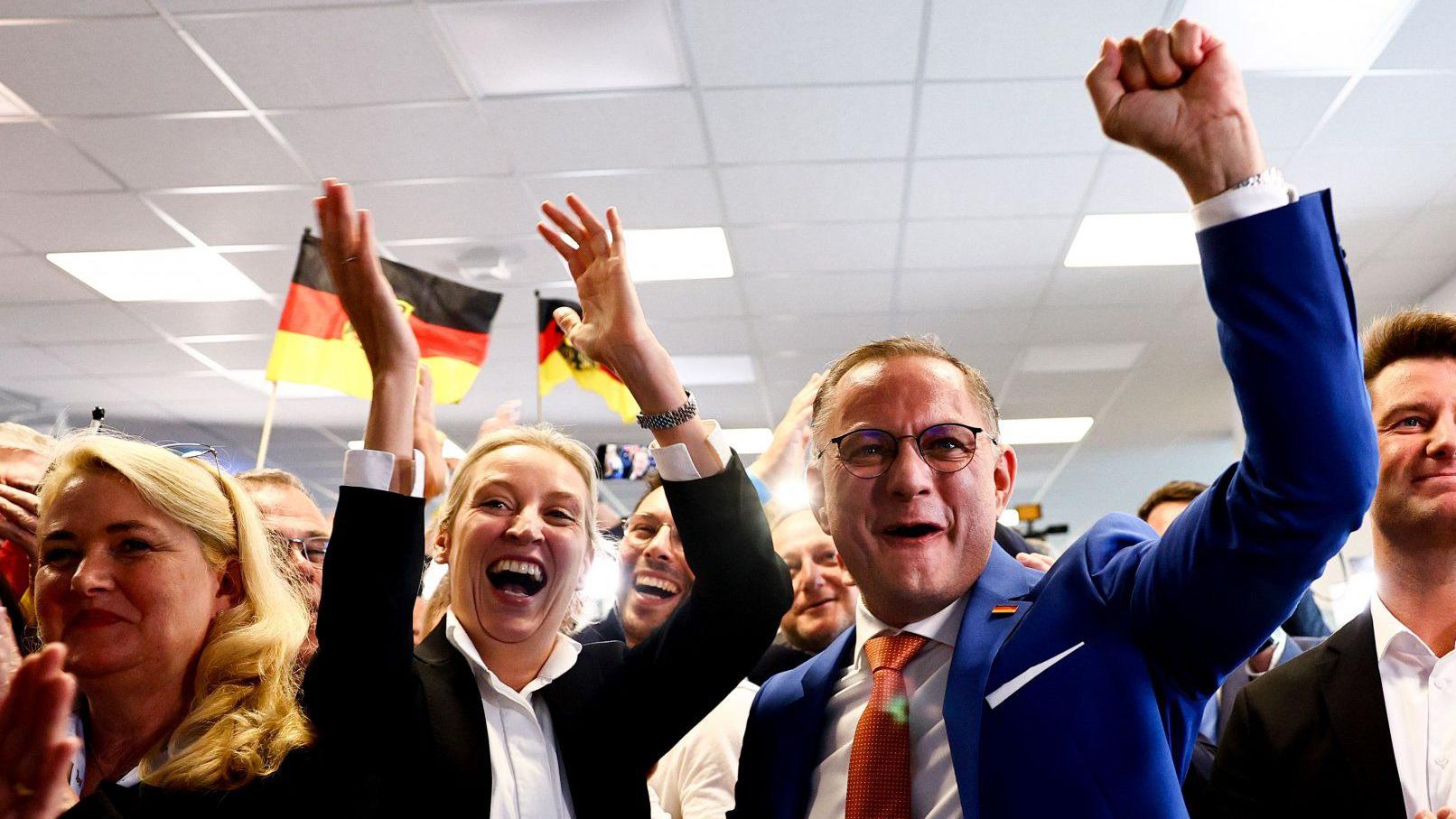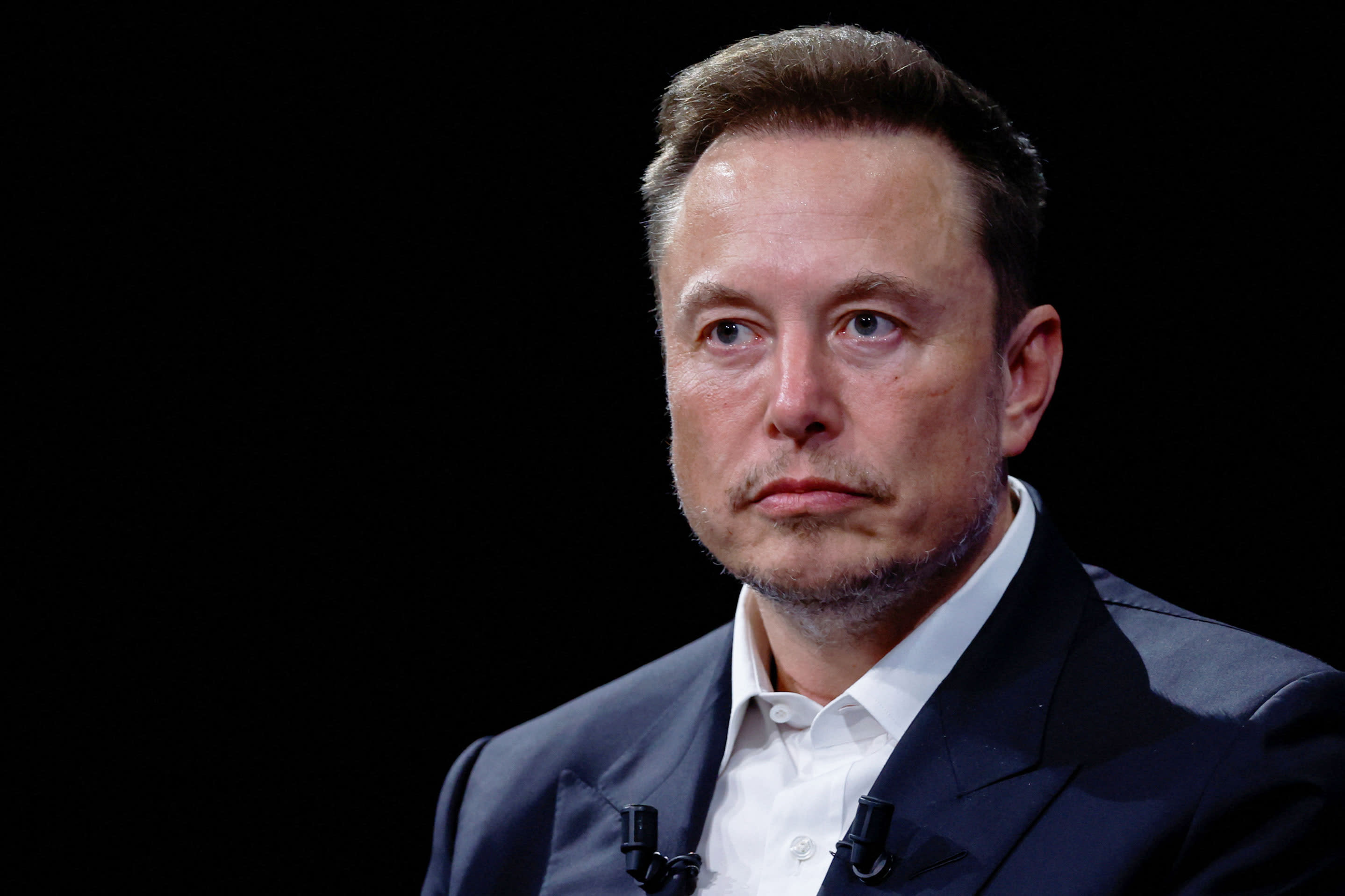A significant political change is taking place throughout Europe, as right-wing populist parties are experiencing remarkable growth. Recent surveys show that these groups have, for the first time, reached the highest levels of national popularity in Germany, France, and Britain. This represents a crucial point in contemporary European politics, confronting traditional, mainstream parties’ dominance and indicating a new phase of political division and reorganization. The rise of these parties is a multifaceted development influenced by various interconnected factors, such as economic discontent and cultural unease.
In Germany, the far-right Alternative for Germany (AfD) has recently surpassed mainstream conservative parties to become the most popular party in a new poll. This outcome is particularly striking given Germany’s historical sensitivity to far-right ideologies. The AfD, which began as an anti-Euro party, has evolved into a populist movement with a hardline stance on immigration and a deep skepticism of the European Union. Its rise is seen as a direct challenge to the country’s post-war political consensus.
The situation in France is equally dramatic. The far-right National Rally (Rassemblement National) has held a clear lead in national polls for some time. This party, under its new leadership, has worked to normalize its image and broaden its appeal beyond its traditional base. Their success is attributed to a potent mix of anti-immigration rhetoric, opposition to European integration, and a focus on cost-of-living issues. The party’s dominance has profoundly influenced the political conversation and strategies of other parties.
Across the English Channel, Britain’s political landscape is also undergoing a major transformation. A right-wing populist party, Reform UK, has been topping national polls, ahead of the established Conservative and Labour parties. This surge is fueled by widespread public discontent with the current government, a desire for stronger immigration controls, and a general feeling that mainstream politicians are out of touch with the concerns of everyday people. Reform UK’s momentum has sent shockwaves through the British political establishment.
The collective success of these parties across three of Europe’s most influential nations is not a series of isolated events. It is a symptom of a broader trend of dissatisfaction with the status quo. Voters are increasingly feeling left behind by globalization and are questioning the benefits of multiculturalism and open borders. The economic policies of centrist governments, often perceived as failing to address the struggles of the working class, have also contributed to this political shift.
Many of these parties have successfully positioned themselves as the voice of the “common people” against a “corrupt elite.” They use populist rhetoric to create a clear division between a supposedly pure national identity and a cosmopolitan establishment that they claim is beholden to international interests. This narrative, disseminated effectively through social media and alternative news channels, resonates with voters who feel alienated and unheard by traditional political institutions.
The political implications of this populist wave are extensive. In Germany, the ascent of the AfD complicates the ability of established parties to create stable governing alliances, resulting in a more divided and uncertain political environment. In France, the National Rally’s increasing support might cause considerable political disruption in upcoming elections, possibly changing the nation’s approach to internal and European matters. In Britain, the emergence of Reform UK poses a threat to the traditional two-party system, possibly changing it forever.
This occurrence also carries considerable consequences for the European Union. In these important countries, populist groups frequently hold a Eurosceptic or openly anti-EU position, questioning the core principles of the European initiative. Their achievements might strengthen comparable movements in other member nations and result in a more introspective, protectionist Europe. This could deeply influence various aspects ranging from trade arrangements and immigration regulations to the continent’s unified handling of global challenges.
The rise of far-right populism serves as a warning for Europe’s traditional parties. It indicates that a significant portion of voters believes their worries about matters such as immigration, national identity, and economic stability are not being properly handled. To reverse this trend, mainstream parties need to discover fresh approaches to engage with these voters, restore public confidence, and provide convincing solutions to the challenges pushing people toward radical options. The political destiny of the continent might largely rely on their capacity to adjust to this evolving situation.







